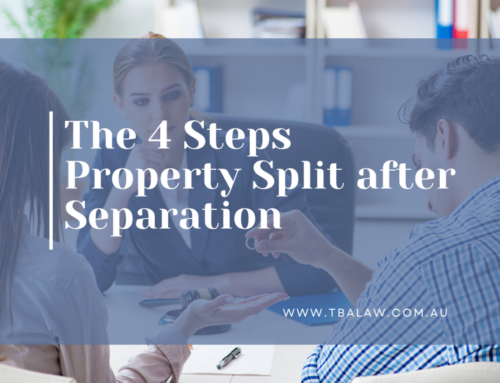Family Dispute Resolution- what’s the point?
After many first appointments with new family law clients in relation to parenting disputes, we often refer them back to Family Dispute Resolution (FDR) before they proceed down the Family Court path.
However, many really don’t see the point … as their relationship with their estranged spouse has already broken down so badly that communication is limited, often hostile and just sends both parties around in circles.

So what’s the point of heading to Family Dispute Resolution to before commencing proceedings for parenting disputes?
-
Family Dispute Resolution is compulsory
Under the Family Law Act, parties must first try and resolve their parenting dispute through FDR before apply to Court. This in line with the Court’s goal of keeping matters out of court where possible. There are some instances where FDR will not be appropriate (for example, where there are instances of family violence) and the Family Dispute Resolution Practitioner will issue a certificate to show that this method was deemed inappropriate. When lodging an application to the Courts, if you have attend FDR you must include a certificate stating it failed, or justify why you did not attend.
-
Independent facilitator
You may have had discussions with your ex-spouse before that got no-where, so you don’t see the point in this process. However, but having an independent facilitator there to encourage open discussion, curtesy and tolerance of each parties position, both parties get a chance to feel like they had a chance to have their say and were listened too. By regulating the discussion, an independent facilitator can also encourage parties to come to their own decision by way of compromise.
-
Making your own decisions during Family Dispute Resolution
Having said the above, the independent facilitator cannot make the final decision- that onus is on the parties. This gives parties to find unique solutions and a compromise. This is opposed to Court proceedings, where unless consent is reach the final decision is completely out of the hands of the parties.
-
It’s cheap
FDR is often facilitated though Relationships Australia who charge a minimal fee (or in some instances it is even free). Compared to lodging proceedings, this is the much more financially competitive options, especially when neither party has the funds to pay a lawyer. When going to court, it can cost both parties thousands to get to the first appearance date, and tens of thousands to have the matter resolved.
-
Family Dispute Resolution is quick
To get a resolution from the courts can take months, if not years, depending on the urgency of the matter. Even once initial proceedings are lodged, it can take up to 4-5 months to get a first hearing date. The final trial date, if required, can be over a year away. That is a long time of uncertainty for both parties and children alike. By comparison, it normally takes between 1-3 months to attend FDR, depending on the volume of work the chosen Family Dispute Resolution Centre is experiencing at that time, and there is the possibility of a result at the end of the half day or day-long session.
Our office recommends that before attending FDR you come in for some legal advice so you are aware of your rights and some of the terminology and principles that surround family law. However, the importance of FDR as a tool to resolve parenting disputes cannot be underestimated.





Leave A Comment